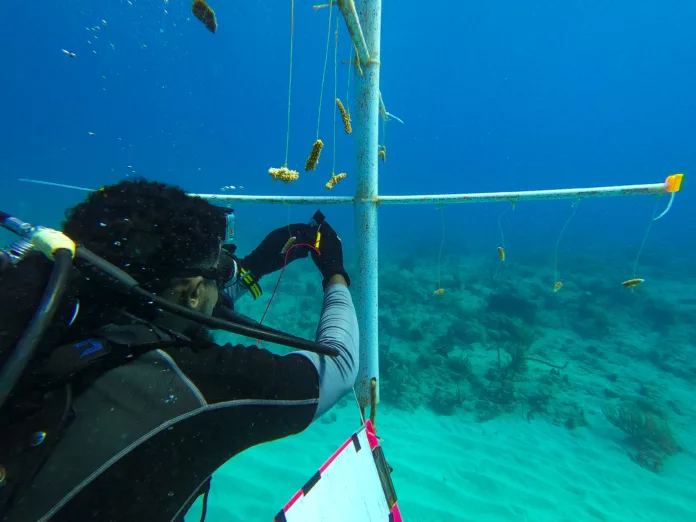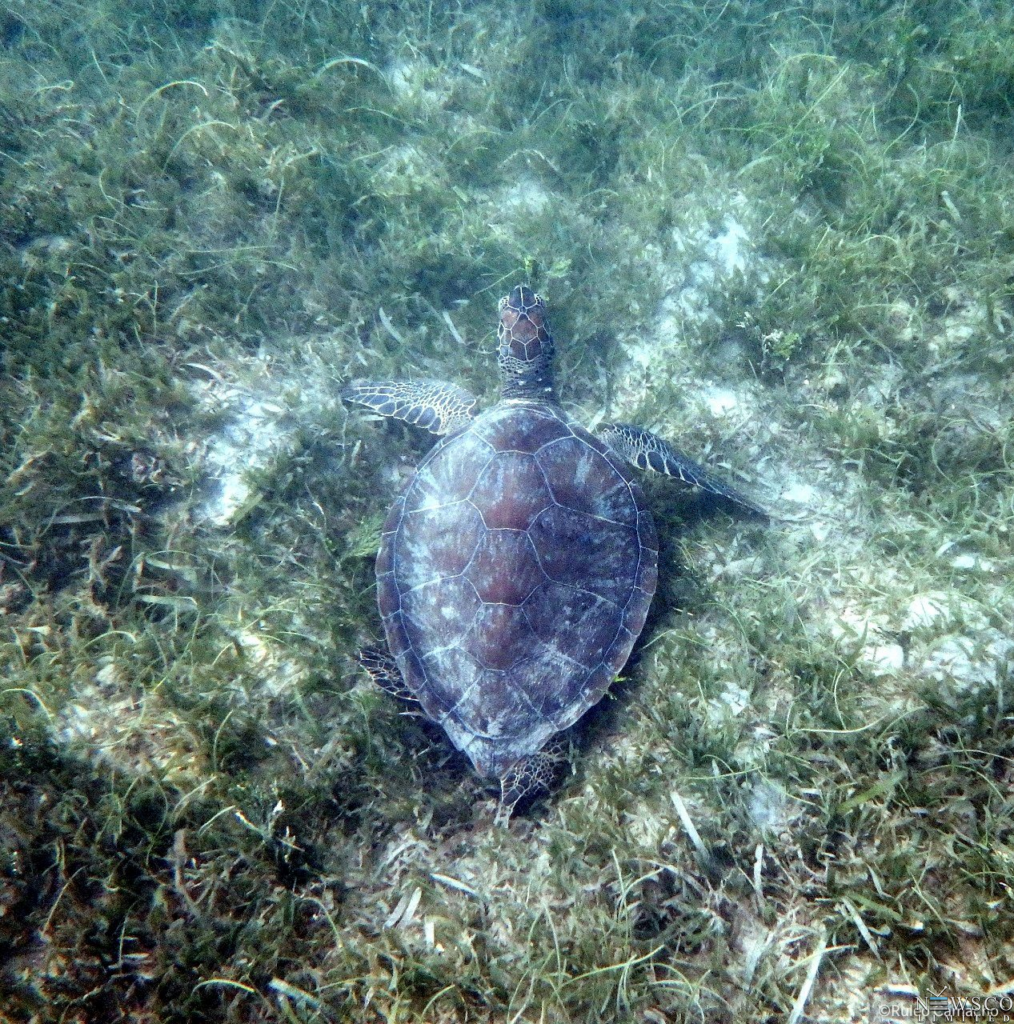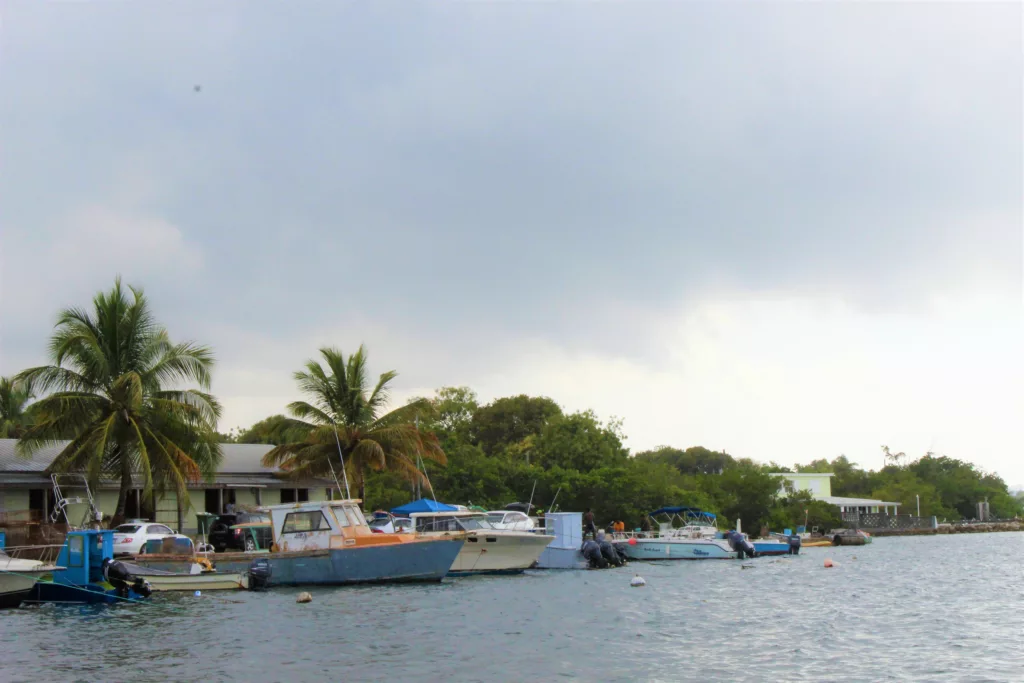
By Ruleo Camacho
Oceans are a critical aspect of our planet. They account for 70 percent of our planet’s surface, and for us in Antigua and Barbuda, oceans account for over 99 percent of our territorial area (Antigua’s Exclusive Economic Zone = 42,506 sq miles).
Oceans provide food and jobs for billions of people worldwide and are known to contribute approximately US$1.5 trillion to the global economy on an annual basis. Not only are healthy oceans an essential aspect of economic growth, but they also support the transport of goods through shipping activities and play a major role in food production through the supply of protein to over 3.2 billion people.
Oceans and their associated ecosystems function as major carbon sinks, sequestering more carbon per unit area than terrestrial forest. This makes the maintenance of healthy oceanic ecosystems a crucial part in our fight against climate change.
Oceans also play a major part in supporting the earth’s biodiversity and are estimated to be home to approximately 10 million species, the majority of which are yet to be discovered.
It is really important to understand the impacts that oceans have on our day-to-day lives and celebrate the magnificence of our oceans. One of the ways in which to do that is the celebration of World Ocean Day.
World Ocean Day is celebrated on June 8 annually and was first declared in 1992 in the United Nations Conference on Environment and Development in Rio de Janeiro. It is the day to acknowledge, celebrate and raise awareness of the benefits that oceans provide.
The theme for this year’s celebration is “Planet Ocean: tides are changing”. In recognition of the needs that we as humans have of the ocean, it is important to ensure that our use is carried out in a sustainable manner.
For far too long, humans have treated the ocean as an infinite resource. Globally, fish stocks have been on the decline, ocean habitats have been decimated by human activities, and pollution is degrading the health of ocean ecosystems.
Even right here at home, we have seen massive losses to ocean habitats through dredging and developmental activities. Overfishing, loss of key herbivores, and pollution (solid and liquid) have degraded the health of coral and seagrass ecosystems.



Climate change-associated impacts are having detrimental effects on oceans’ ecosystems through the impacts of ocean acidification, rising sea temperatures, and increased frequency and intensity of tropical weather systems.
There are more actions we as individuals can take to promote ocean health. Sustainable harvest of seafood is critical.
Several laws already exist in Antigua and Barbuda to sustainably manage marine resources; it is up to fishers and consumers to know and follow the laws. Is it the closed season, what’s the legal-size limit, is the fishing method harmful?
We should also be more cognisant of how our activities on land pollute the ocean, how are removal of vegetation, our use of fertilisers, pesticides and cleaning products affecting our ocean. What about our use of plastics? Recycling plastic is not always feasible, but reusing and reducing use altogether, are positive choices we can make!
This year’s – and future – World Ocean Days are opportunities to acknowledge the important role that oceans play in each of our lives, and to learn to use that appreciation to guide our daily actions.
Whether your actions are large (lobbying politicians for greater enforcement and support of marine ecosystem protection) or small (ensuring your trash does not end up in the ocean), whether you own a boat or just simply enjoy going to the beach, whether you’re a fish lover or if you simply just appreciate the air that we breathe, the ocean plays an important role in our daily lives.
Let us all take the time to appreciate it.


